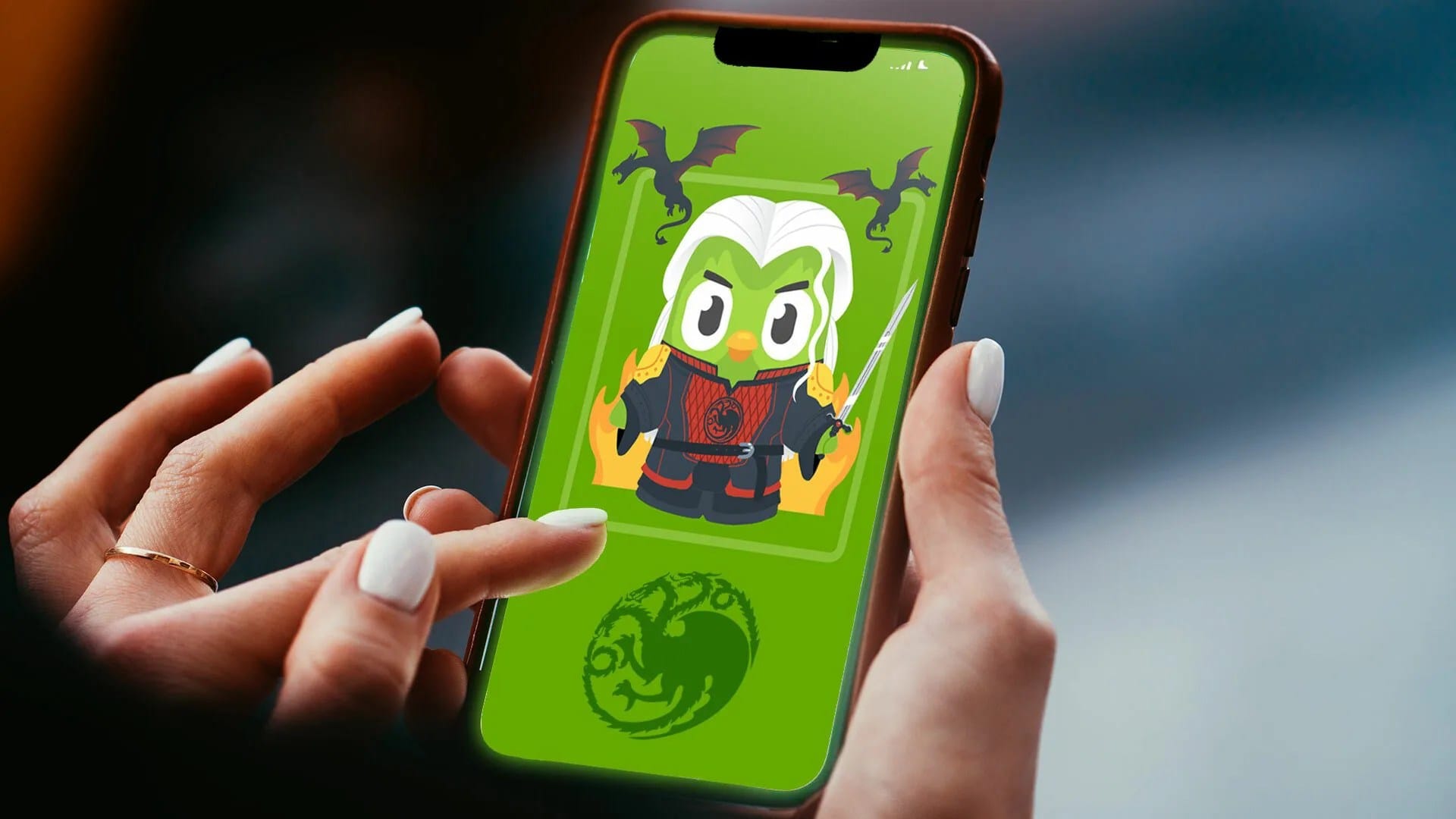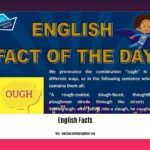Hey there, aspiring dragonlords and future Targaryens! Ready to delve into the captivating world of High Valyrian? This guide will equip you with the knowledge and resources to navigate this complex and fascinating language, from simple greetings to more… assertive pronouncements. Whether you’re a casual fan or a dedicated language enthusiast, prepare to unlock the linguistic secrets of ancient empires!
Mastering the Basics: Translators and Dictionaries
So, you want to speak like Daenerys Targaryen? The internet offers a plethora of tools to help translate English into High Valyrian. These resources, while not always perfect, can be invaluable allies in your language-learning journey.
Essential Online Tools
- Valyriantranslator.com: A solid starting point for quick and relatively accurate translations.
- LingoJam: Boasts an impressive vocabulary, allowing you to explore the nuances of the language.
- Netlify Projects: Discover innovative, fan-created projects that offer fresh perspectives on Valyrian.
- Glosbe’s Dictionary: A treasure trove for serious learners, providing translations, usage examples, and even pronunciation guides.
Remember, High Valyrian, with its intricate grammar and evolving nature, can sometimes challenge even the most sophisticated automated tools. These translators are likely to require some human interpretation for optimal accuracy.
Level Up Your Valyrian: Learning Resources
While High Valyrian courses may not be readily available at your local college (yet!), a wealth of online resources exists to guide your learning adventure.
From YouTube to the Language’s Creator
- YouTube Tutorials: Numerous creators offer valuable insights into pronunciation, grammar, and vocabulary building.
- TikTok: A vibrant community of Valyrian enthusiasts shares quick lessons and fun facts.
- David J. Peterson: Tap into the wisdom of the language’s creator, whose expertise is invaluable for any serious learner. His insights suggest that High Valyrian may continue to evolve and expand with ongoing development.
High Valyrian in Westeros: The Language of Fire and Blood
High Valyrian isn’t merely a collection of words; it’s a cornerstone of the “Game of Thrones” and “House of the Dragon” universe, adding depth and authenticity to the narrative. Iconic phrases like “Dracarys” (dragonfire) are not just memorable lines; they represent a rich linguistic tapestry woven throughout the story. For those intrigued by deciphering cryptic texts, our gibberish translator might come in handy. And if you’ve ever struggled to be heard in a large group, the New York Times offers advice on communicating effectively in a gobbling group.
The Future of High Valyrian: A Language Still Burning Bright
High Valyrian is a dynamic, living language that continues to evolve thanks to a passionate fan community. This ongoing development suggests that our understanding of the language might deepen over time. Comparing High Valyrian to other constructed languages like Klingon or Dothraki reveals its unique design principles and the creative vision behind it. As the “Game of Thrones” universe expands, the future of High Valyrian appears bright, fueled by the dedication of its growing community.
Saying Hello Like a True Valyrian
Want to greet your fellow dragon enthusiasts in proper High Valyrian? Here’s how to navigate the nuances of “hello”:
Casual vs. Formal Greetings
- Informal: “Rytsas” (pronounced rit-sas), equivalent to a casual “hi” or “hello.”
- Formal: “Zīgio syt ivīlin” (pronounced zee-go seet iv-eel-in), meaning “Greetings to you,” ideal for showing respect in formal settings.
Expressing Love in the Language of Dragons
Ready to declare your affections in High Valyrian? The phrase you seek is “Avy Jorrāelan.”
More Than Just Words
“Avy Jorrāelan” is more than a simple translation; it’s a window into the rich world-building of “Game of Thrones.” Linguist David J. Peterson meticulously crafted High Valyrian, giving it a complex structure and a fictional history.
Resources for Deeper Learning
Numerous online resources can help you master the pronunciation and cultural context of “Avy Jorrāelan” and other High Valyrian phrases.
| Resource | Description |
|---|---|
| Duolingo | Offers some related language learning experience. |
| LingoJam | Provides quick translations and pronunciation help. |
| GotValyrian | Another helpful translation tool. |
| Wiki of Thrones | A deep dive into High Valyrian grammar and vocabulary. |
Telling Someone to “Shut Up” in High Valyrian
While High Valyrian lacks a single, perfect equivalent for the blunt phrase “shut up,” several options capture varying degrees of “be quiet” or “stop talking.”
Navigating Nuances
- “Zinaȳs”: The closest equivalent to a polite “be quiet” or “hush.”
- “Dovas zaldrīzes”: Means “stop bothering me,” conveying annoyance rather than simply requesting silence.
- “Gonī zirȳz”: A stronger, more forceful way to tell someone to stop talking.
| High Valyrian Phrase | English Equivalent | Strength |
|---|---|---|
| zinaȳs | Be quiet/Hush | Mild |
| dovas zaldrīzes | Stop bothering me | Moderate |
| gonī zirȳz | (A more forceful) Shut up | Strong |
It’s important to note that interpretations of these phrases may vary. Ongoing research and debate within the fan community suggest that our understanding of High Valyrian continues to evolve.
- Unlock 6000+ words beginning with he: A comprehensive analysis - April 20, 2025
- Mastering -al Words: A Complete Guide - April 20, 2025
- Master Scrabble: High-Scoring BAR Words Now - April 20, 2025
















